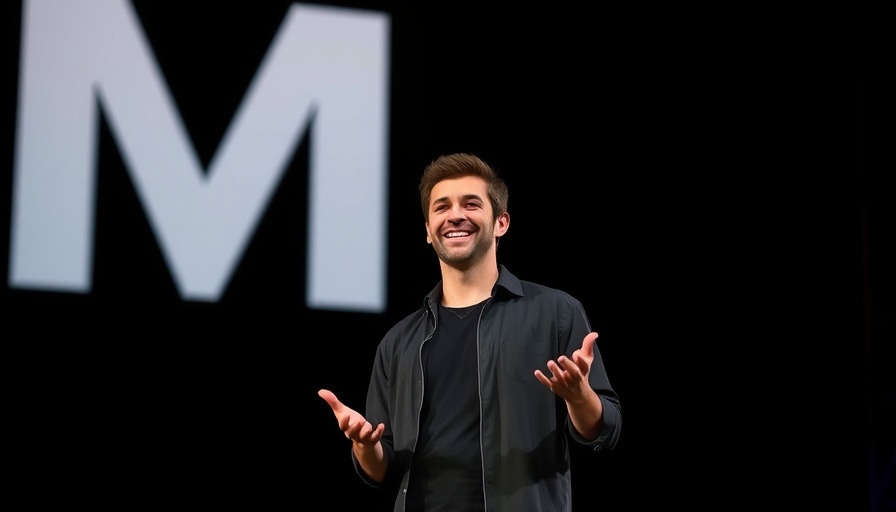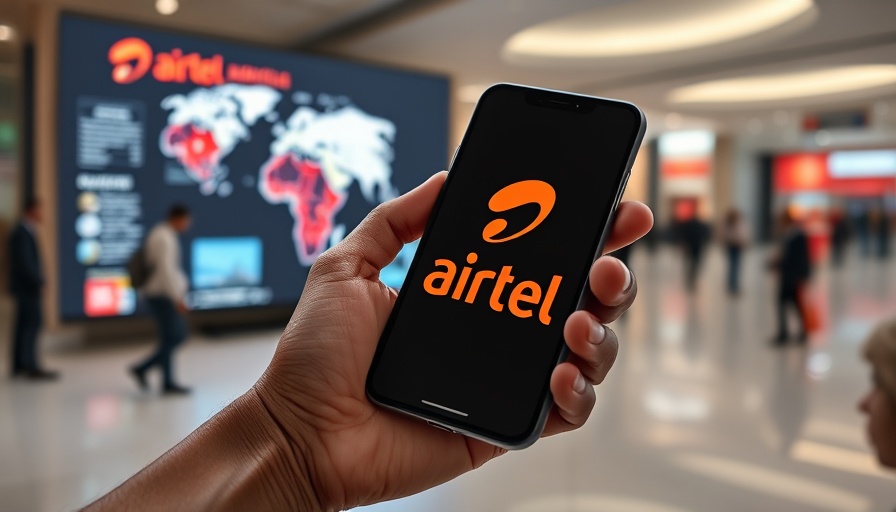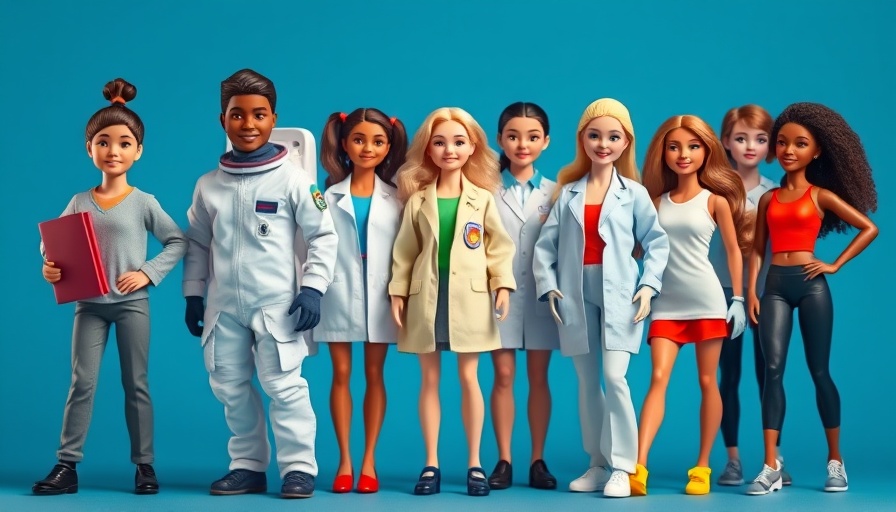
Unpacking the OpenAI-Microsoft Tension
The relationship between OpenAI and Microsoft, once hailed as a transformative partnership in the tech world, appears to be splintering at the seams. Recent reports suggest that OpenAI executives are contemplating taking a bold step by publicly accusing Microsoft of anticompetitive behavior. This potential claim is compounded by concerns regarding their contractual dynamics, particularly in light of OpenAI's plans for a shift toward a for-profit model.
The Roots of the Rift
At the heart of this tension lies a power struggle over intellectual property and computing resources. OpenAI's executives are growing increasingly concerned about Microsoft's influence over its assets. Notably, negotiations over the acquisition of Windsurf, an AI coding startup, have escalated tensions. OpenAI fears that if Microsoft gains access to Windsurf's technology, it may enhance its own AI coding tool, GitHub Copilot, thereby fortifying its competitive edge in the market.
Shifts in Strategic Dependencies
Historically, Microsoft has played a crucial role in propelling OpenAI’s growth through financial backing and access to critical resources. However, recent months have shown that OpenAI is striving to decouple itself from Microsoft's cloud services. This strategic pivot indicates a quest for greater independence amid fears of over-reliance on their formidable partner. As such, the company is exploring new avenues to sustain its operations while maintaining control over its innovations.
Insights From the Industry Landscape
The wider tech industry is keenly observing this unfolding situation. The battle for dominance amongst AI firms is intensifying, with companies racing to build more capable models. OpenAI's potential fallout with Microsoft could ignite a competitive fire, prompting other tech giants to fill the void created by a weakened alliance. Alternatively, this could lead Microsoft to rethink its strategy in nurturing AI startups, ensuring its investments bolster its market position.
The Future of AI Collaborations
As the narrative evolves, we can anticipate a turning point that could redefine how corporations engage with emerging technologies. If OpenAI does pursue formal accusations against Microsoft, it would not only set a precedent in the tech industry but also send ripples through how partnerships are structured in high-stakes environments. Regulatory scrutiny may become more common, with firms reassessing their collaborations to avoid similar pitfalls.
What This Means for Consumers
For consumers and industry watchers, the implications of this rift are profound. A strained relationship between two AI giants could impact product offerings and innovation drives across the tech landscape. Moreover, increased competition typically results in improved services for customers, which may present opportunities for better AI solutions in the marketplace.
Understanding these dynamics is paramount for stakeholders invested in the technology sector. As the dust settles, the lessons learned from this partnership's challenges could influence future collaborations and shape regulatory discussions.
Take Action and Stay Informed
Given the potential consequences of this unfolding story, keeping abreast of developments surrounding OpenAI and Microsoft is crucial for industry professionals and consumers alike. Sign up for the latest updates, and be part of the conversation on how these changes will impact the future of technology.
 Add Row
Add Row  Add
Add 




 Add Row
Add Row  Add
Add 
Write A Comment